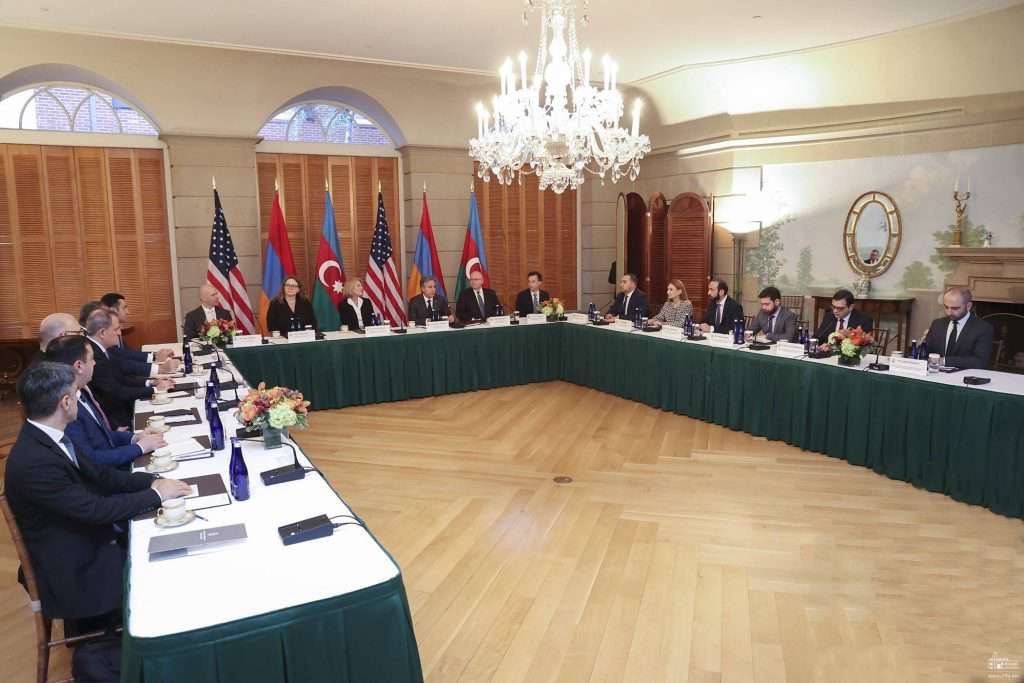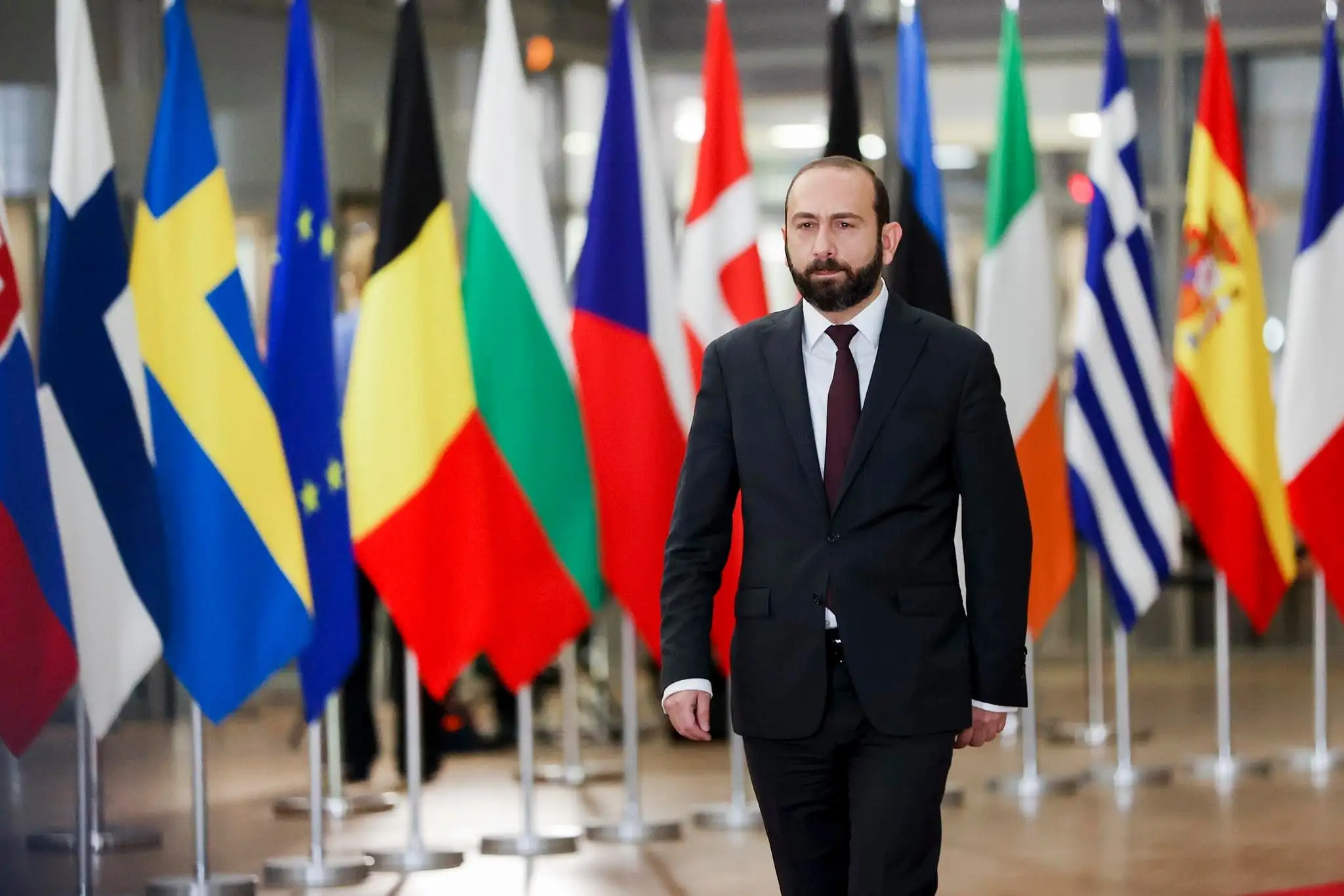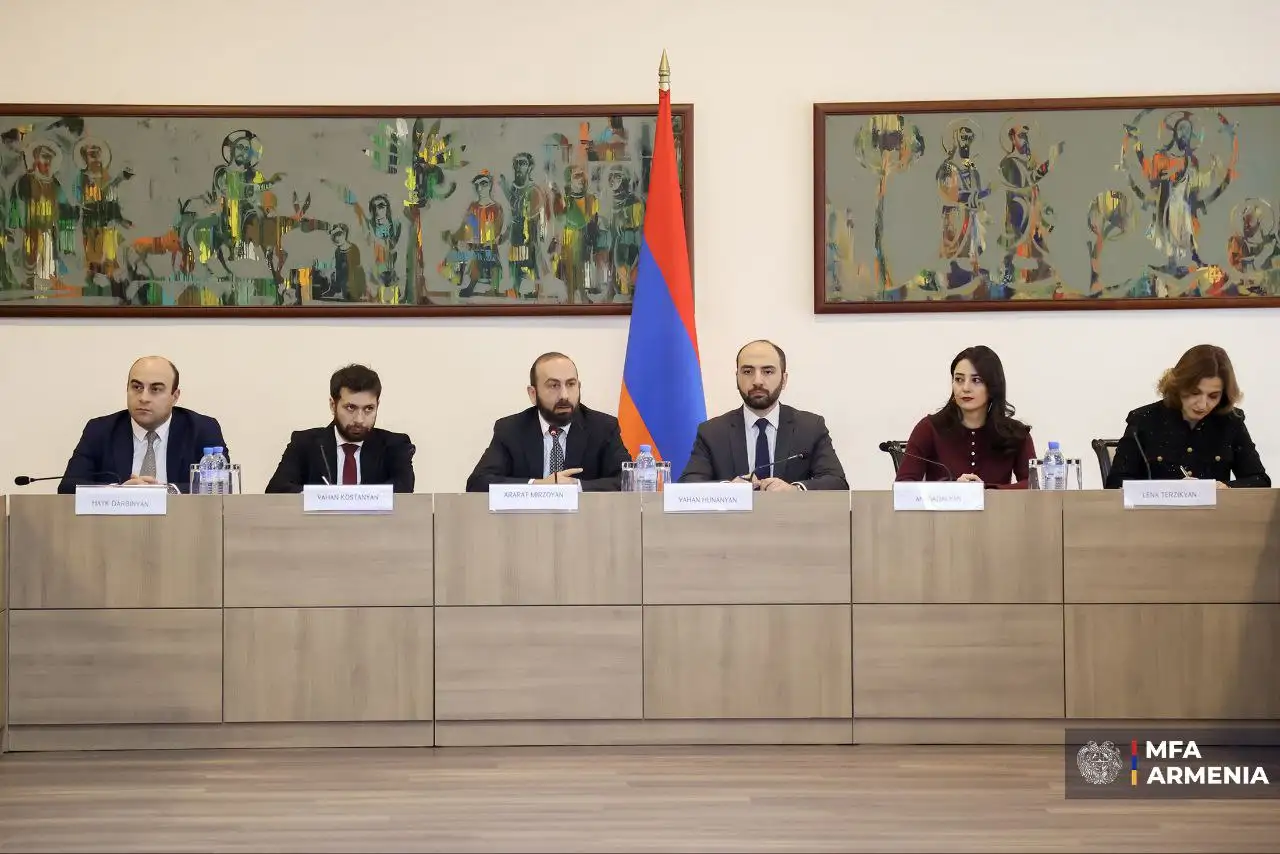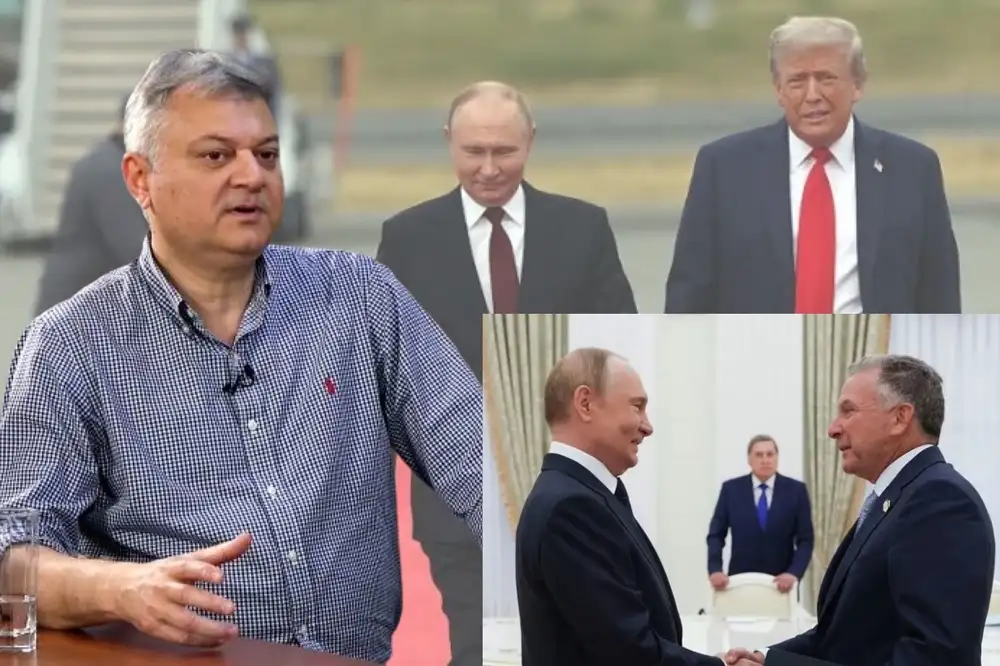High-ranking officials of the US State Department answered journalists' questions about the ongoing Armenia-Azerbaijan dialogue in Washington.
As "Voice of America" reports, Louis Bono, Senior Adviser on Negotiations in the Caucasus, and Deputy Under Secretary of State Erika Olson emphasized the US commitment to a peaceful settlement. He informed me that during the current week, the Foreign Ministers of Armenia and Azerbaijan would have a series of meetings at the George Shultz National Training Center for Foreign Affairs near Washington. in the center. According to Bono, the parties admitted that this was the first time they had met in consecutive days. He emphasized that the discussions are proceeding very constructively.
The Voice of America also reports that negotiations between the heads of foreign affairs of Armenia and Azerbaijan on the "Agreement on Normalization of Relations" document, with the mediation of the USA, have started in Washington. The high-ranking diplomats of the USA gave details of the negotiations.
The foreign ministers of Armenia and Azerbaijan will have a series of meetings this week, high-ranking officials of the US State Department said during a telephone briefing with journalists. The discussions between the parties, which started this morning, are proceeding constructively, said Luis Bono, Senior Adviser on Caucasus Negotiations of the State Department.
According to senior diplomats, the United States is committed to promoting a peaceful, democratic, and prosperous future in the South Caucasus region. Direct dialogue is the only way to resolve issues and achieve lasting peace, which Washington promotes.
The talks are taking place at the George Shultz National Foreign Affairs Training Center in Washington, D.C. This morning, US Secretary of State Anthony Blinken hosted Foreign Ministers Mirzoyan and Bayramov in separate short meetings and then in the format of trilateral discussions.
The American side expressed disappointment regarding Moscow's adverse reaction to the negotiations. The most important thing is for the parties to be able to communicate with each other, wherever it happens—in Washington, Brussels, or Moscow—high-ranking diplomats noted, emphasizing that Washington's goal is to provide a platform to achieve a lasting, balanced, and dignified peace.
According to Bono, the Munich meeting clarified that the parties are committed to the peace process, which Bono describes as complex and comprehensive. The document in question is called "Relationship Settlement Agreement." Bono notes that the US is striving for the parties to regulate their relations, to be able to live together, to strengthen economic ties, and even their collective security in the region. He says this is a complex and comprehensive process, within which all issues are discussed.
According to the representative of the State Department, one of the issues being discussed between the parties in the ongoing negotiations on the comprehensive agreement is the treatment of ethnic minorities in both countries, which refers to the rights and security of ethnic minorities.
Speaking about the Lachin Corridor, the American side reaffirmed that Washington had clarified the importance of ensuring commercial, humanitarian free movement through the Lachin Corridor in the past few months and continues to be involved in those discussions, expecting that movement through the corridor will soon be restored.
US Deputy Assistant Secretary of State Erika Olson also expressed hope that the parties will have "direct and frank" discussions this week to settle. We are committed to supporting that process and honored to host this critical dialogue here, which can continue, emphasized the Deputy Undersecretary of State, emphasizing the ongoing nature of the negotiations.




















